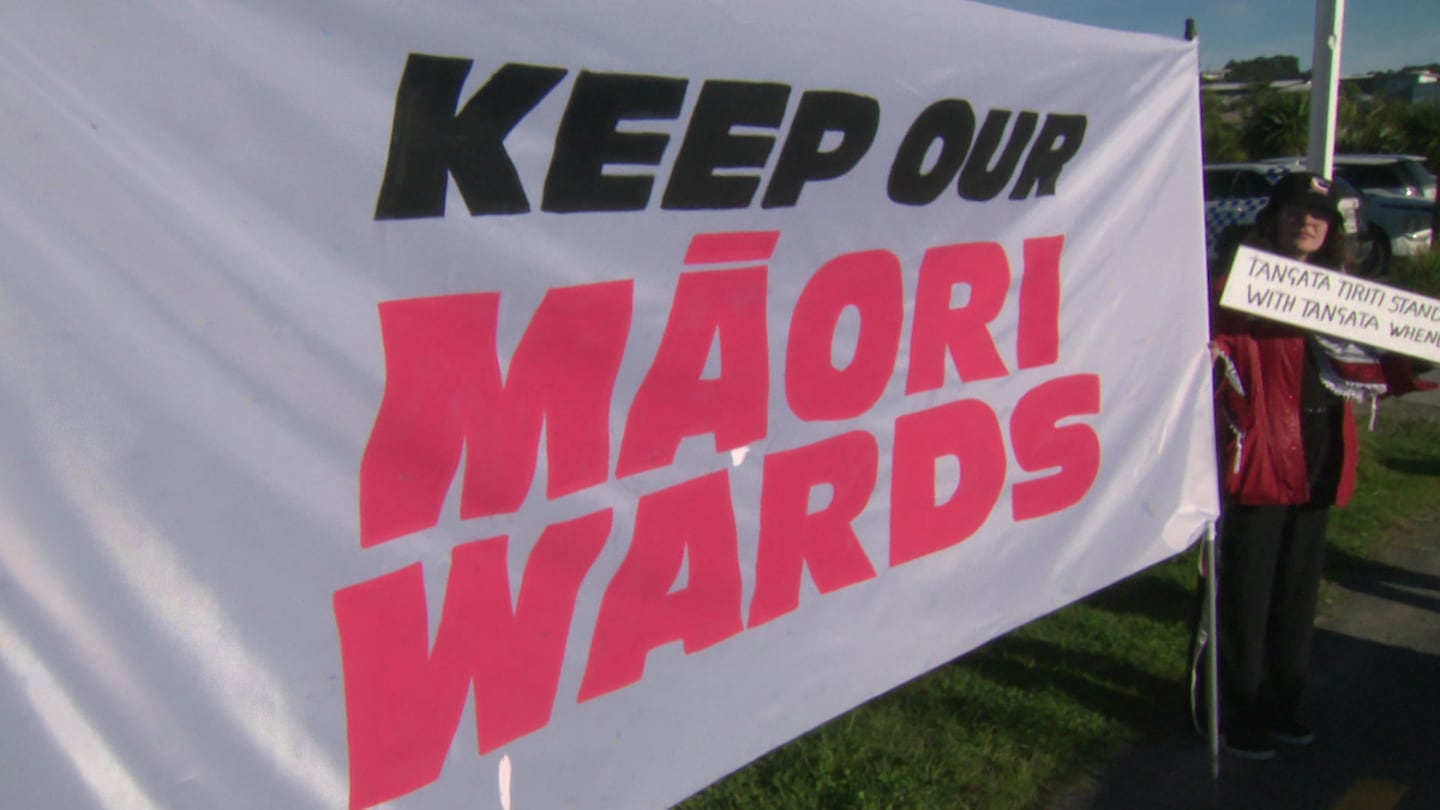Preliminary results from last week’s Māori wards referendums show strong national support for Māori representation on local councils, even though most individual councils ultimately voted against Māori wards.
Across the country, more than 444,000 voters supported Māori wards, compared with approximately 257,000 who opposed them - a national difference of nearly 187,000 votes.
The figures were sourced from each council’s official website and combined to produce national totals from all 37 local councils and five regional councils that held Māori ward referendums during this year’s local elections.
Of those councils, 25 voted against Māori wards, while 17 voted in favour. These results are provisional, based on preliminary and progress counts, with official totals expected later this week.
What the numbers reveal
The margin between yes and no votes varied widely across regions, with councils that supported Māori wards often recording substantial gaps. Wellington City Council was one of the clearest examples, with 38,125 people voting yes compared with 19,622 who voted no, a difference of more than 18,000 votes.
A similar pattern emerged at the Greater Wellington Regional Council, where 84,067 voters backed Māori wards and 52,203 voted against, a gap of over 30,000 votes. These results remain provisional but indicate strong support across key centres in the Wellington region.
In contrast, margins were much smaller in areas that voted against Māori wards. The Ōtorohanga District Council recorded a difference of just 141 votes, with 1,264 voting no and 1,123 voting yes. Narrow margins were common among councils that opposed Māori wards. Whanganui District Council recorded a 600-vote difference, while Waikato District Council saw a gap of almost 900 votes.
Once confirmed, the results will determine whether Māori wards remain, with those voted down remaining until the next local election in 2028. Māori wards allow voters on the Māori electoral roll to elect representatives to designated seats, similar to Māori electorates in Parliament.
The referendums were held after the Government reinstated public votes on Māori wards earlier this year, reversing a 2021 law change that had removed the requirement for referendums. Final results are expected later this week.




